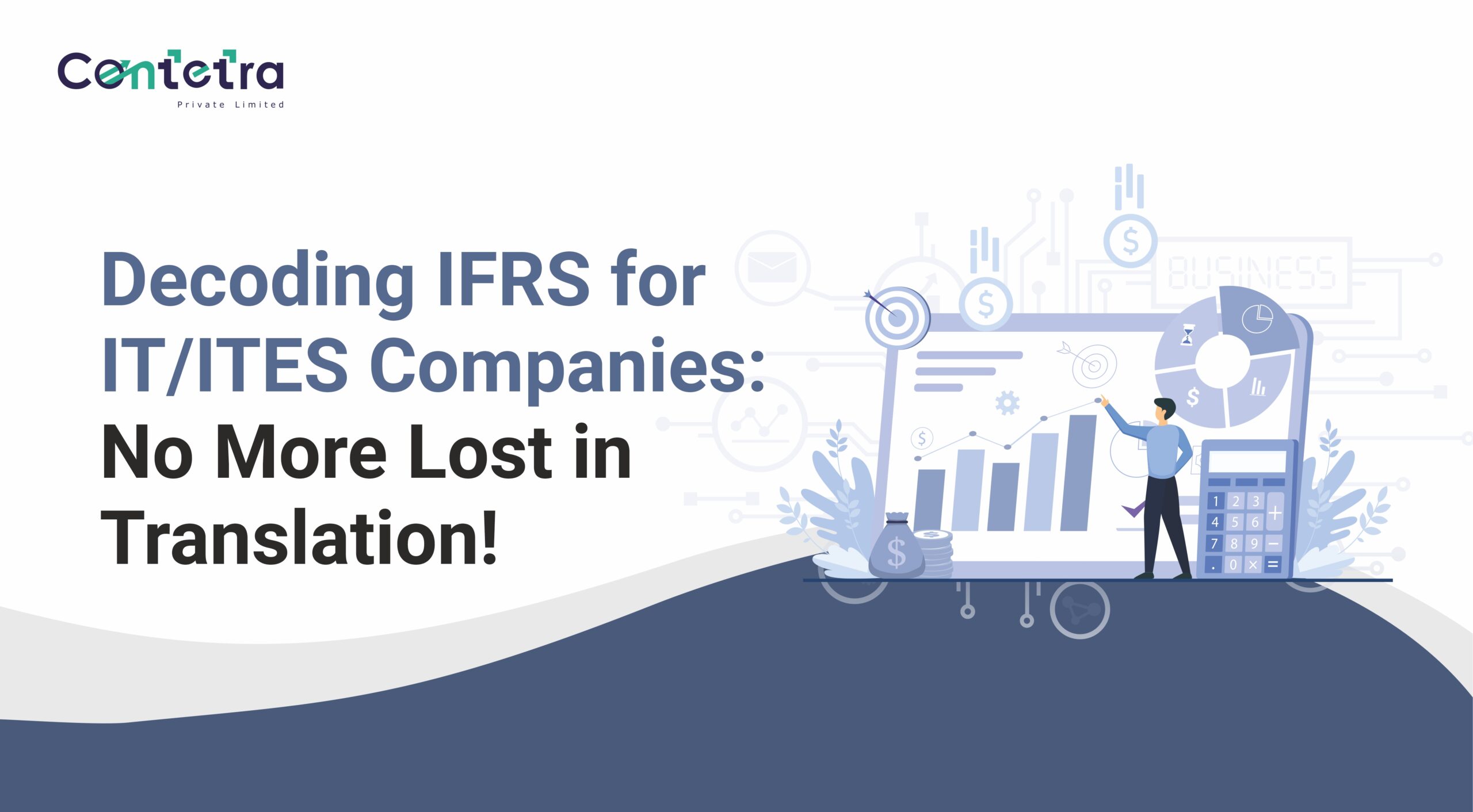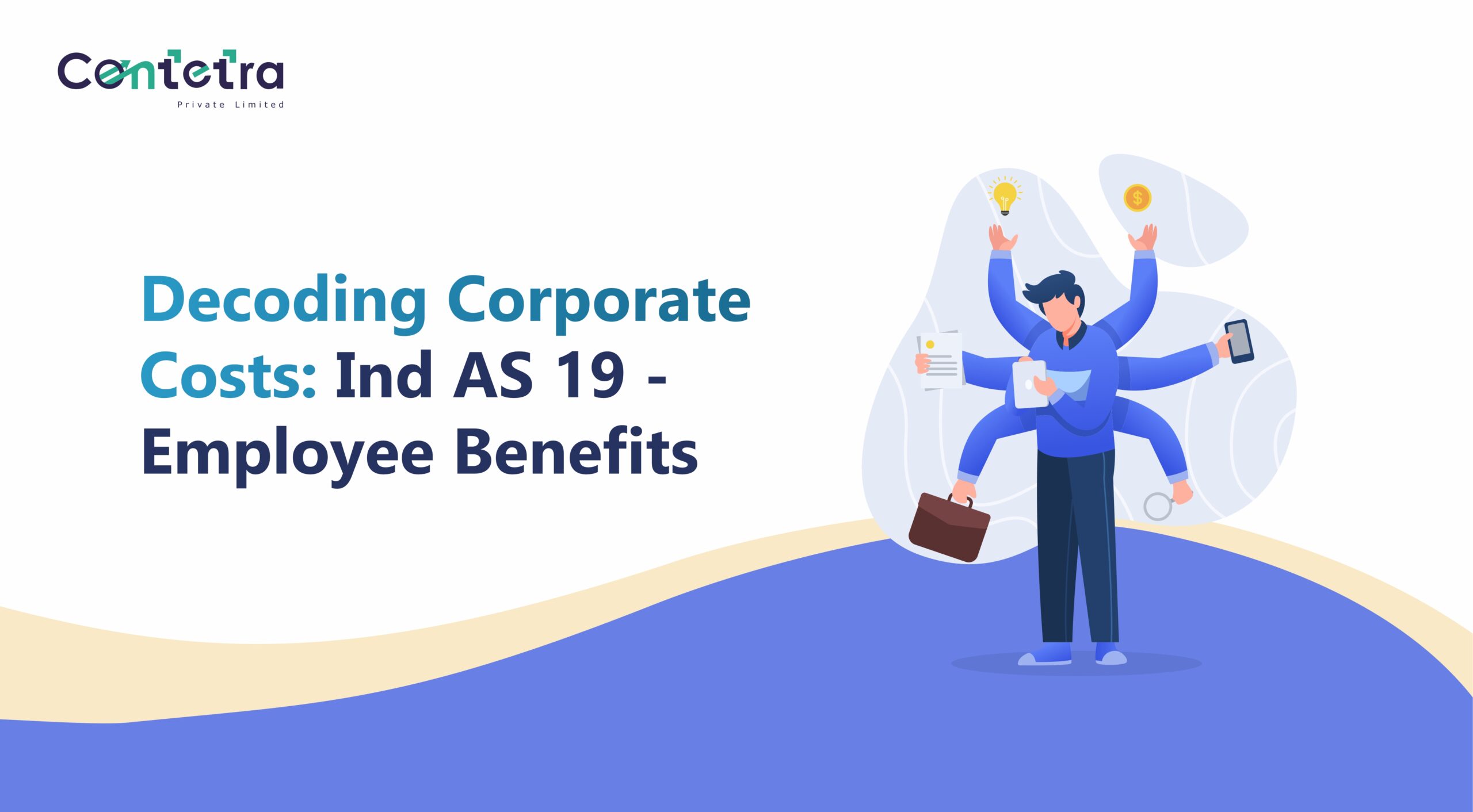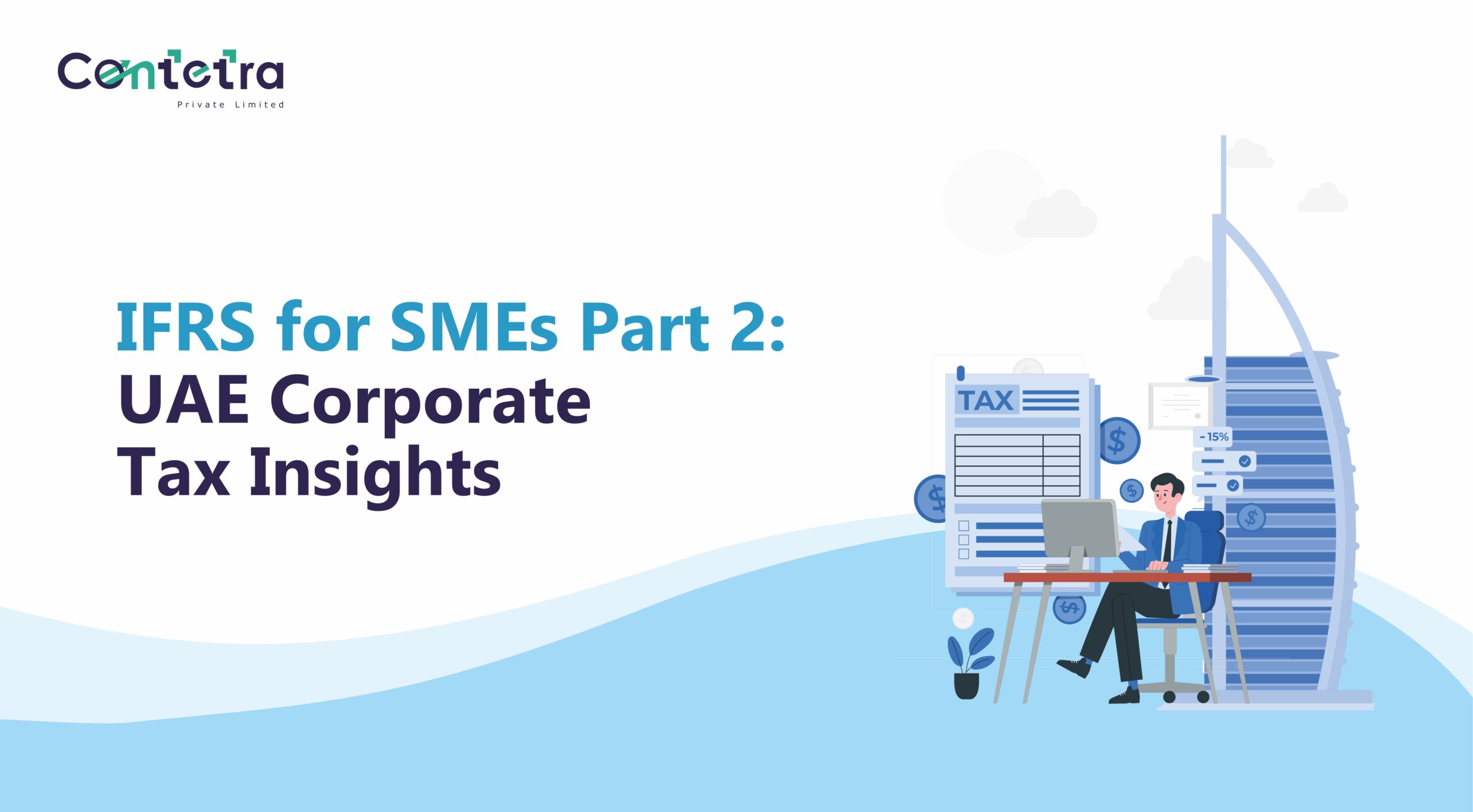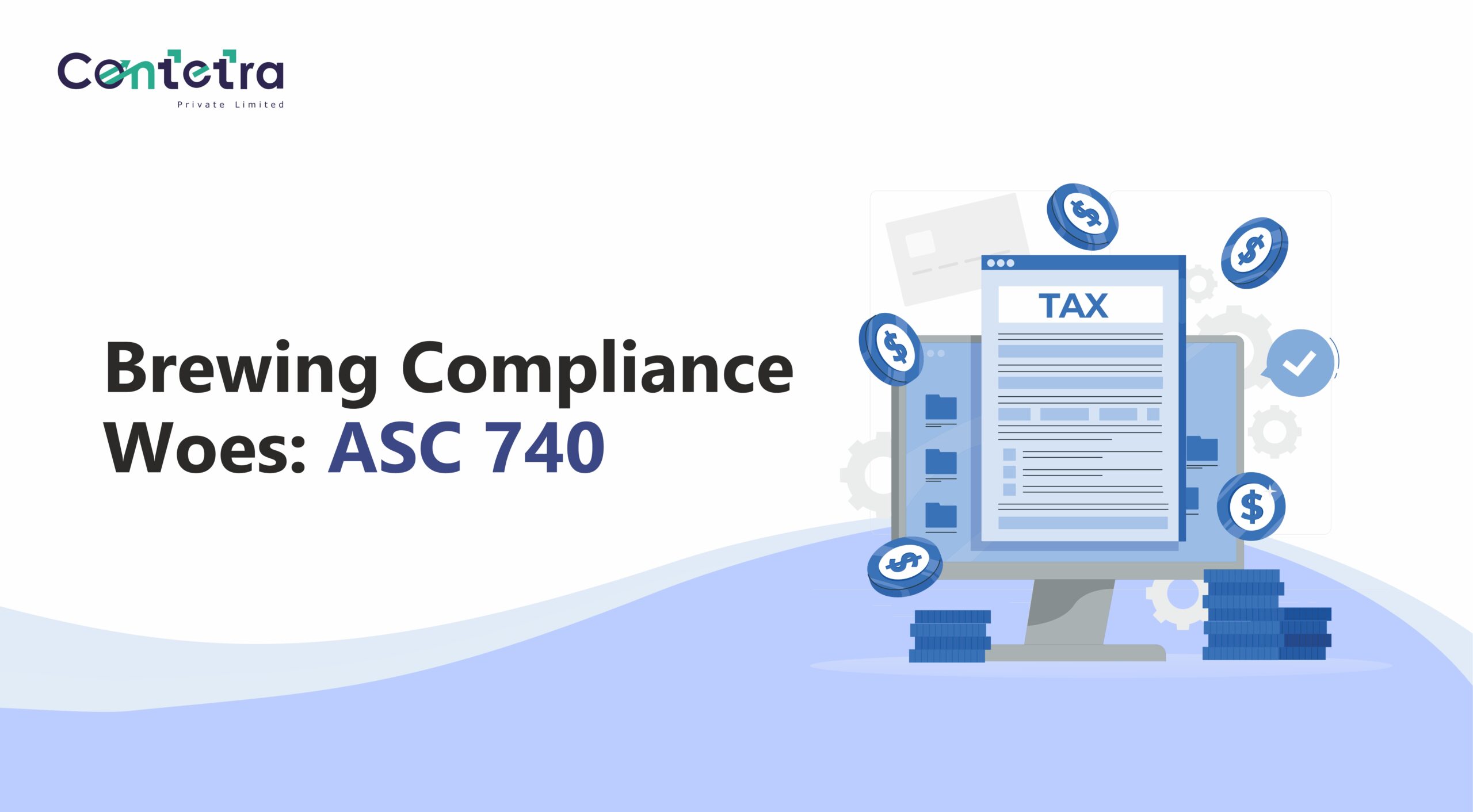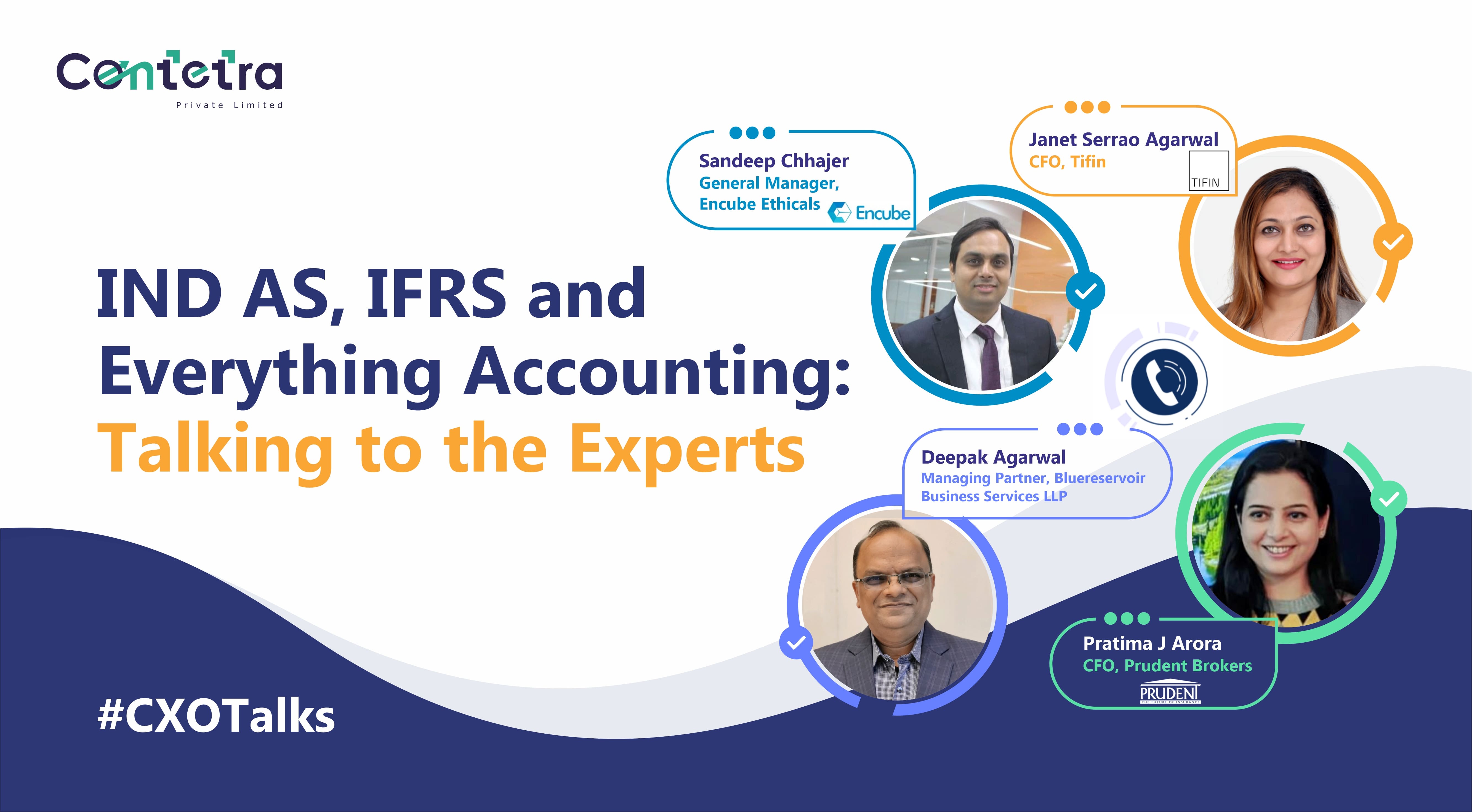Welcome to the world of IFRS for IT/ITES companies, where numbers have more drama than your favorite Netflix series. But fear not! We’re here to simplify IFRS – no need to dig out your financial jargon dictionary or stress over spreadsheets. Let’s break it down in a way that even your IT support guy could crack a smile!
Why Should IT/ITES Companies Care About IFRS?
If you’re in the IT/ITES world, chances are you’re dealing with global clients, cross-border transactions, and tricky revenue models. Throw in some foreign exchange gains and stock options, and suddenly, your financial reporting starts to look like a plot twist from “Inception.”
Here’s the deal: IT and ITES (Information Technology Enabled Services) companies are not just confined to a local market; they operate globally, often with clients in various currencies, tax jurisdictions, and financial regulations. So, while you might have mastered your internal revenue recognition practices, how do you make sure your financials stand tall in a global context?
This is where IFRS (International Financial Reporting Standards) and technical accounting advisory come in. IFRS is designed to make sure that no matter where your client is located, your financial reports are transparent, comparable, and, most importantly, trustworthy. Think of IFRS like a universal plug that works everywhere – except instead of electricity, it’s for numbers. You wouldn’t try to use a UK power plug in a US socket, right? Similarly, IFRS, combined with expert GAAP accounting advisory, helps ensure that your financial reports are suitable for international stakeholders.
Why IT/ITES Companies Should Care About IFRS
- Global Clients Demand Transparency – As your client base expands, IFRS compliance shows that your financials align with international standards, which is essential when working with foreign clients, investors, and auditors.
- Attract Investors – Whether you’re a start-up or a growing enterprise, international investors are more likely to take you seriously if your financials are presented according to IFRS. It provides a standard that builds trust and credibility.
- Consistency Across Borders – IFRS allows your business to present a consistent financial picture, regardless of where your clients or operations are based. This is crucial for businesses with multi-national operations, or when you’re looking to expand into global markets.
What Does IFRS Really Mean for Your IT/ITES Business?
Let’s get into the heart of what IFRS means for your business. There are several standards within IFRS that have particular relevance to IT/ITES companies, such as revenue recognition, employee stock options, and foreign currency transactions. Each of these brings a unique challenge but also an opportunity to fine-tune your financial reporting.
- Revenue Recognition – The Magic of “When” and “How”
Now, imagine you’ve just closed a sweet 5-year software development deal with a company based in the UK. Under IFRS 15 (which governs revenue from contracts with customers), you can’t just say, “Great, here’s our revenue for the next 5 years!” You need to recognize revenue as and when you deliver value. Yes, even if you could hypothetically bill them right now.
This is a critical shift for IT/ITES companies, many of which operate with long-term contracts and deliverables spread out over months or even years. If you’re delivering software in phases, IFRS expects you to recognize revenue in phases too. It’s like selling a pizza – you only get paid for the slices you’ve actually delivered, not the whole pizza.
This becomes particularly tricky for companies involved in project-based work, like IT consulting firms or software developers. IFRS 15 requires you to carefully evaluate your contracts and recognize revenue based on the progress of the contract – this is known as the “Percentage of Completion” method. It’s more than just booking the final amount upfront; it’s about accurately matching revenue with the completion of your work.
IFRS 15 aims for accuracy and fairness in revenue reporting, ensuring that your financials align with the actual value you’re delivering over time. It’s about matching your revenue recognition to your actual work progress.
- Employee Stock Options – When Free Isn’t Really Free
Employee stock options are a great way to reward your team, especially in the tech space. But guess what? IFRS has a surprise for you! Under IFRS 2, you need to expense those stock options – even if no cash is being paid out. Think of it as recognizing that “free” coffee your office provides daily – it’s free to drink, but someone’s paying for those beans!
For IT/ITES companies, where stock options are often used to retain top talent, it’s crucial to understand the financial implications. Stock-based compensation needs to be reflected in your profit and loss statements, which means you’ll need to account for the fair value of those options over time.
Account for stock options as an expense to avoid any surprises down the line. This impacts your profit margins and overall profitability, so it’s essential to incorporate them into your financial planning.
- Foreign Currency – “The Exchange Rate Ate My Homework”
As an IT/ITES company, it’s likely that you’re dealing with international clients. If you’re working with clients in the US, Europe, or Asia, you’ll inevitably encounter currency fluctuations that could impact your financial statements. With IFRS 21, you must record any gains or losses resulting from foreign currency fluctuations.
Here’s the problem: One day your $10,000 payment from a US client feels like a jackpot, but the next day, currency exchange rates make it feel like you’ve been shortchanged. This can be a huge problem, especially when the value of the dollar, euro, or other currencies moves dramatically.
Managing foreign exchange risk is key to maintaining accurate financial reporting. You may need to employ hedging strategies or lock in exchange rates through forward contracts to mitigate unexpected fluctuations.
Currency fluctuations can dramatically impact your financials, so it’s essential to monitor them closely and put measures in place to protect against unwanted surprises.
SoftWorks Pvt. Ltd. – When Revenue Got Real
Let’s take a closer look at SoftWorks Pvt. Ltd., an IT services company based in India. SoftWorks signed a multi-year contract with a global e-commerce platform to develop a comprehensive customer support system. The deal? INR 20 crore, spread over 3 years.
Initially, SoftWorks started recognizing the entire INR 20 crore as revenue upfront. Why not? It’s all in the bag, right? Not so fast! When they switched to IFRS 15, they realized they couldn’t book all the revenue on Day 1. The contract required delivery of custom modules at different stages, so they had to break down the contract and recognize revenue only when each module was delivered and accepted by the client.
Suddenly, the picture was clearer, the revenue was recognized more accurately, and stakeholders were no longer chasing phantom profits. Even their shareholders, who initially panicked about “reduced” revenue, came around when they realized it was all about healthier, more accurate financial reporting. This is where GAAP accounting advisory becomes invaluable, ensuring companies adopt practices that are both globally compliant and financially sound.
Key Takeaways:
- Plan ahead – Don’t treat IFRS like an afterthought. Planning how and when to recognize revenue is critical under IFRS 15, especially for long-term projects.
- Employee Stock Options – Those “free” rewards for your team? They need to be reflected in your profit and loss statements. The sooner you account for them, the better your books will look.
- Keep an eye on currencies – With international clients come currency fluctuations. Lock in those exchange rates where possible or use hedging strategies to minimize unwanted surprises in your financial reports.
Navigating IFRS – A Growth Opportunity
Navigating through IFRS can feel a bit like debugging code – tedious and often confusing. You’ll get error messages you didn’t expect, and solutions that look straightforward on paper turn into weeks of hair-pulling in practice.
But here’s the silver lining: once you’ve cracked the IFRS code, it’s a huge relief. Think of it as the financial equivalent of going from manual data entry to automating your processes – once it’s done, you’ll never want to go back.
Final Words – Turning Compliance into Opportunity
IFRS can feel like a maze, but with the right guidance, navigating it doesn’t have to be a headache. Whether you’re looking to streamline revenue recognition, manage employee stock options, handle multi-currency complexities, or require technical accounting advisory, we’ve got the expertise to make it all click.
Let us help you transform compliance into a growth opportunity! Reach out for a personalized consultation and take the guesswork out of IFRS—so you can focus on what you do best: growing your business.
Get in touch today for expert advice on mastering IFRS!






